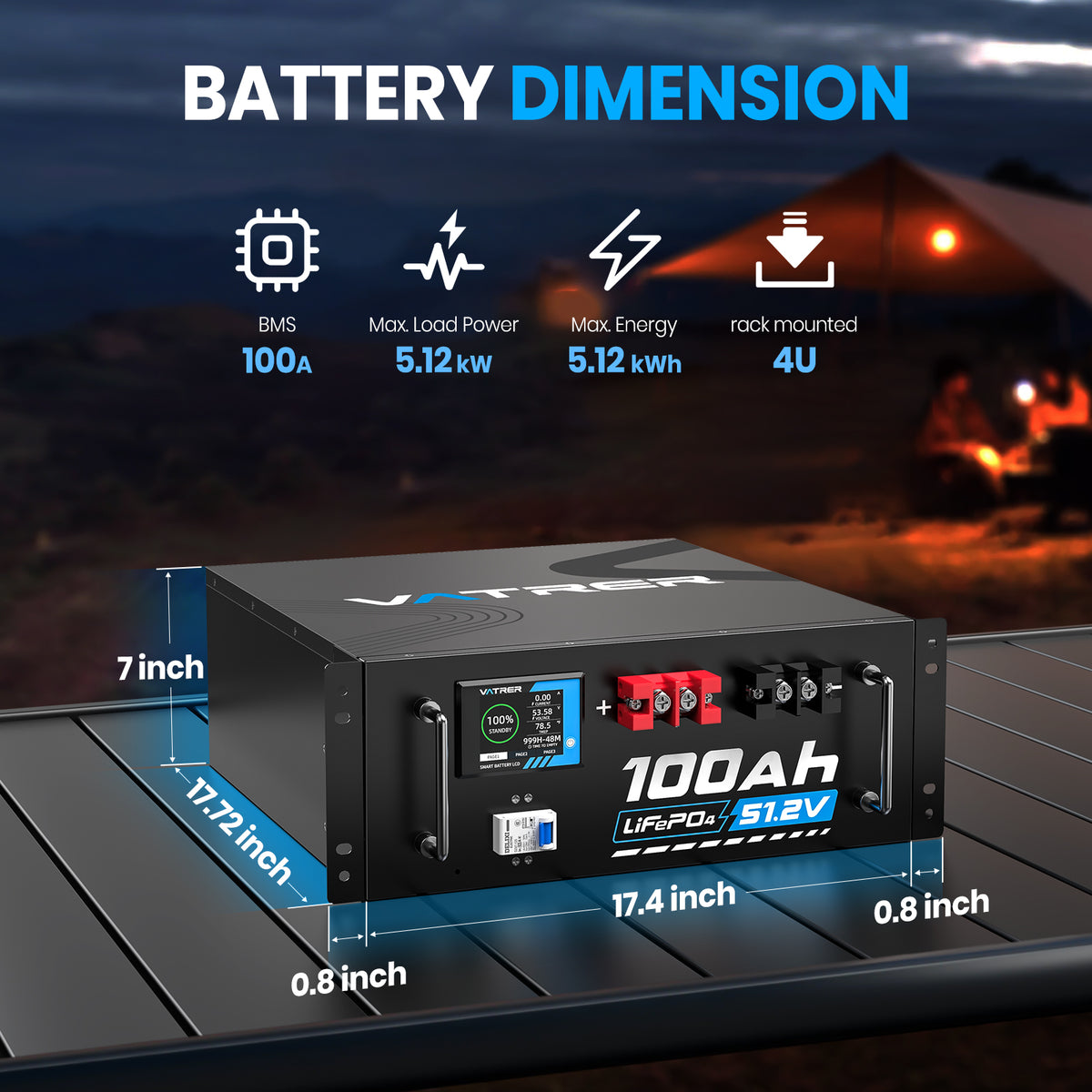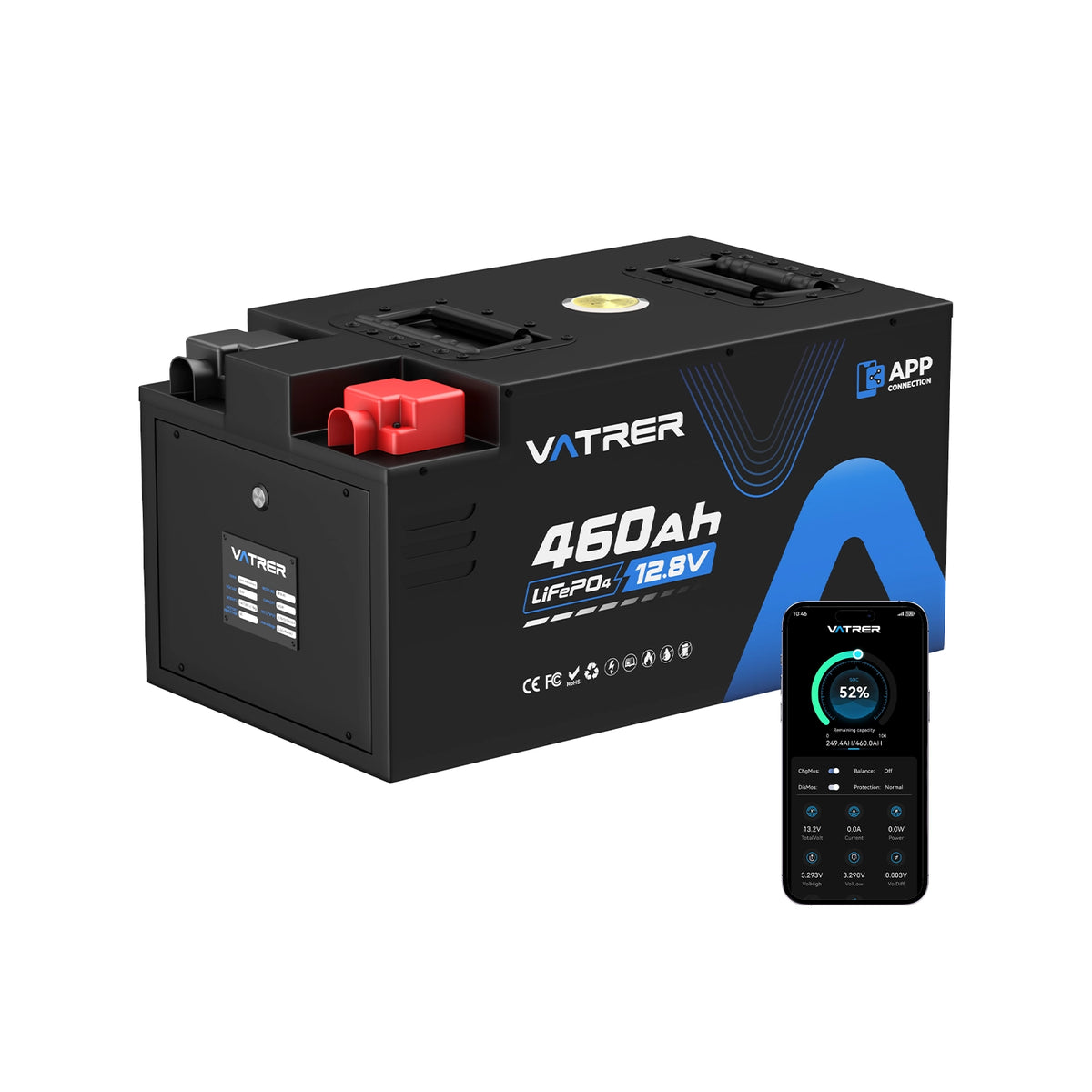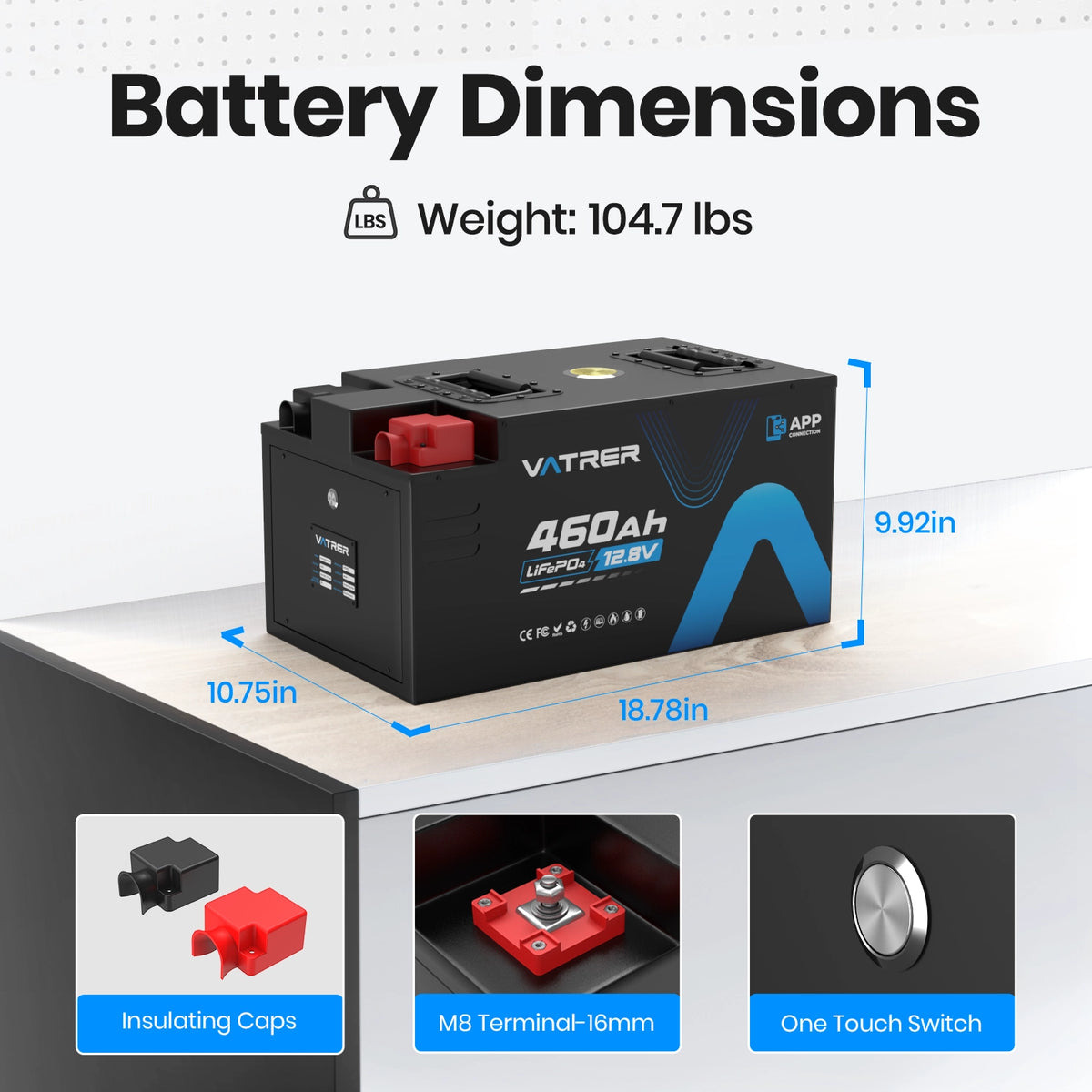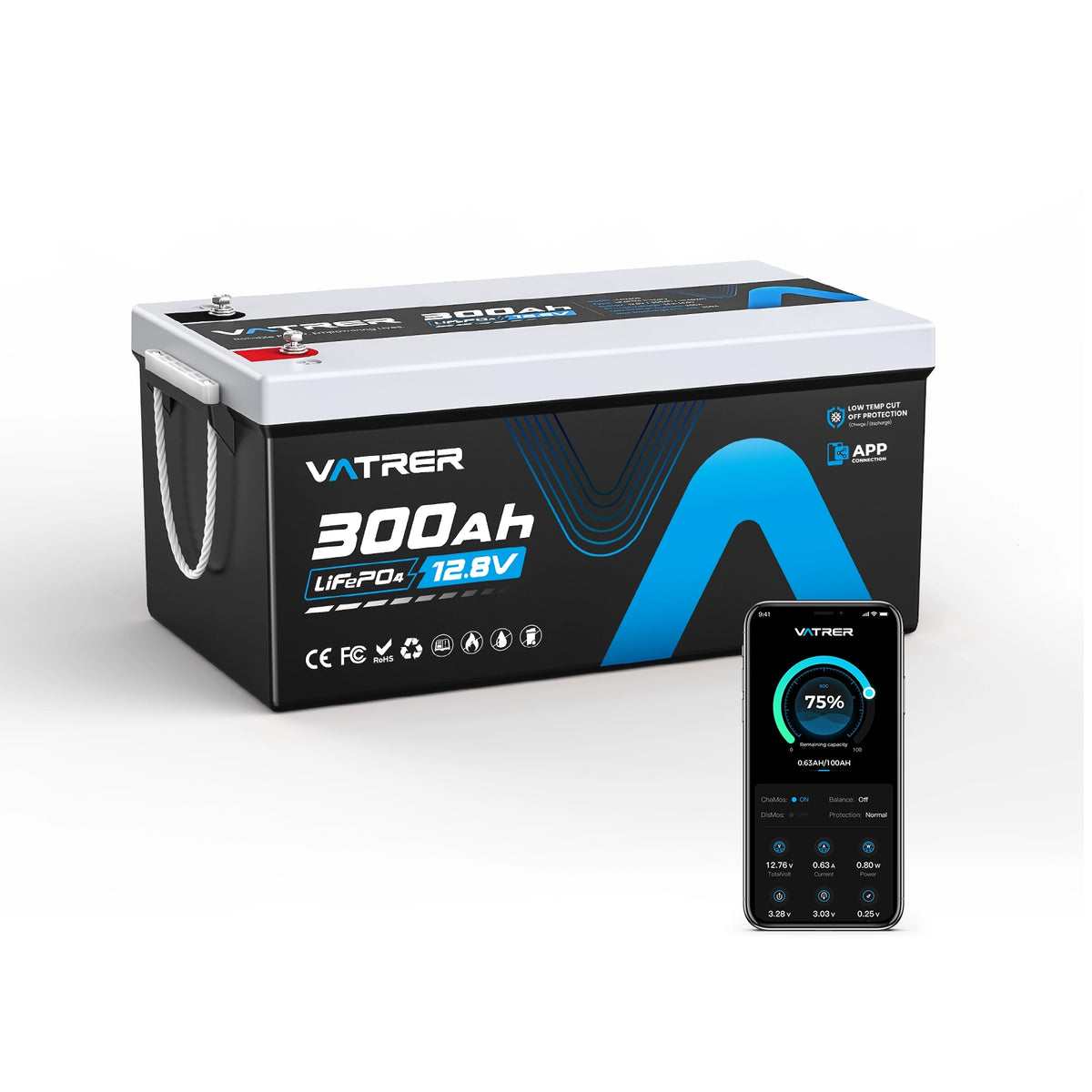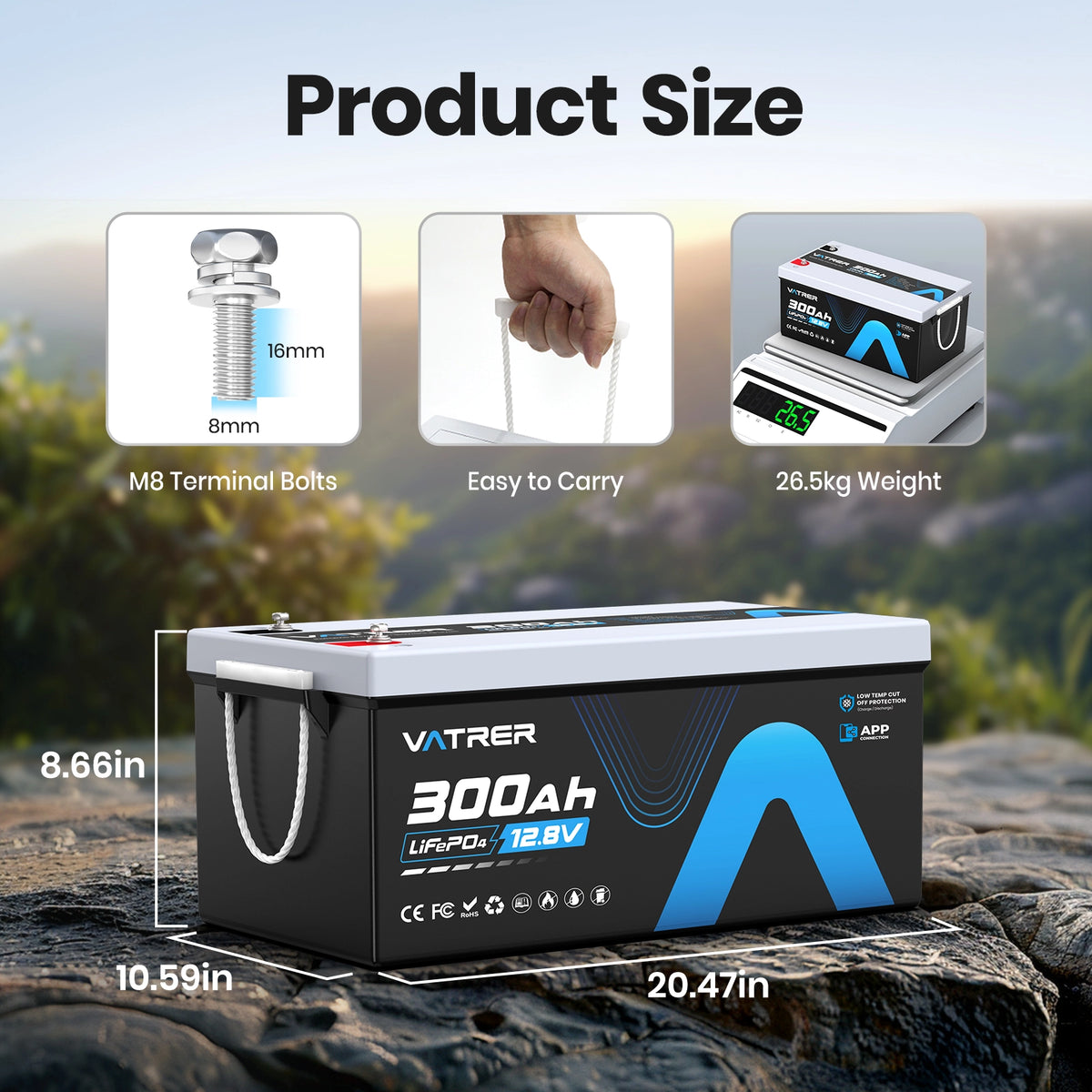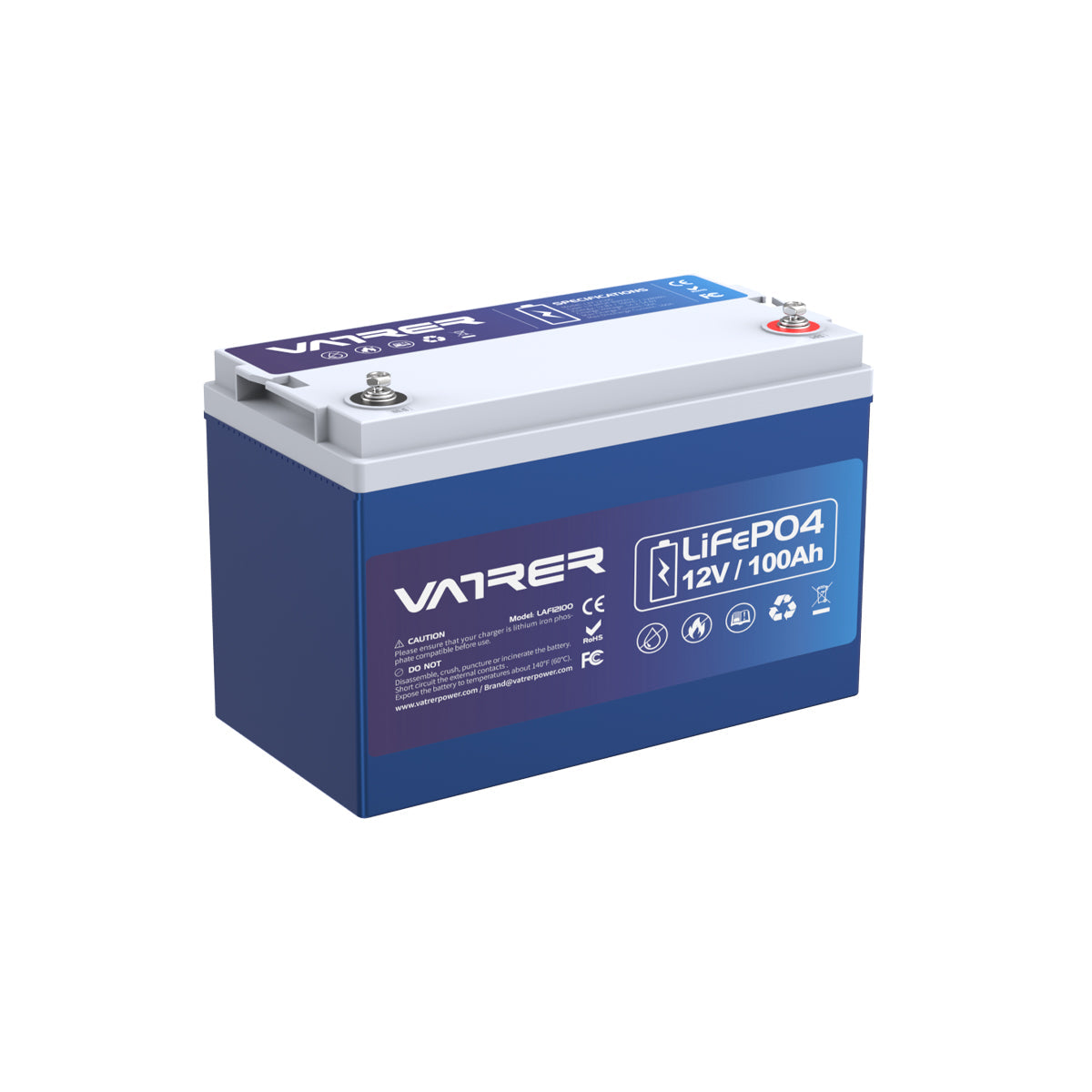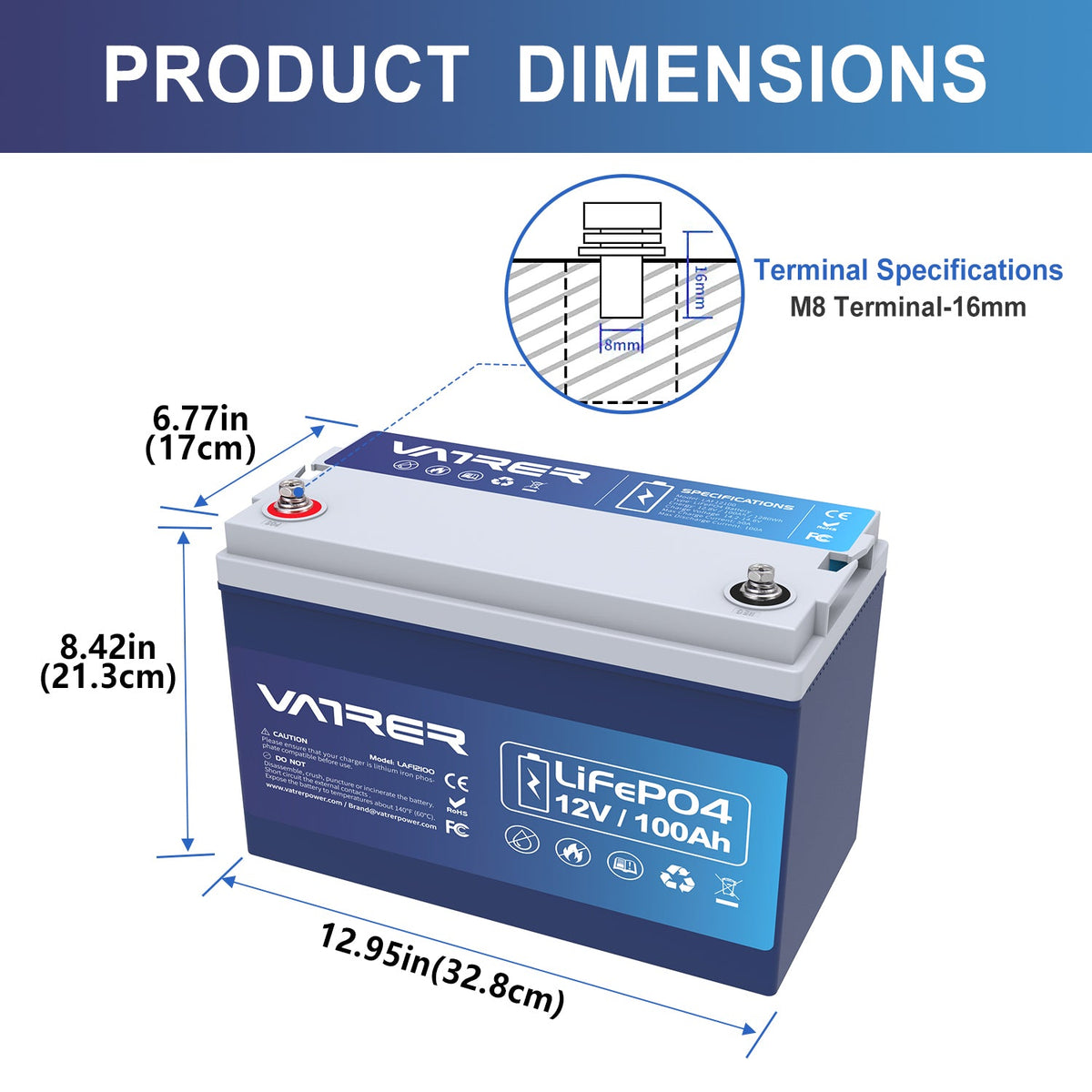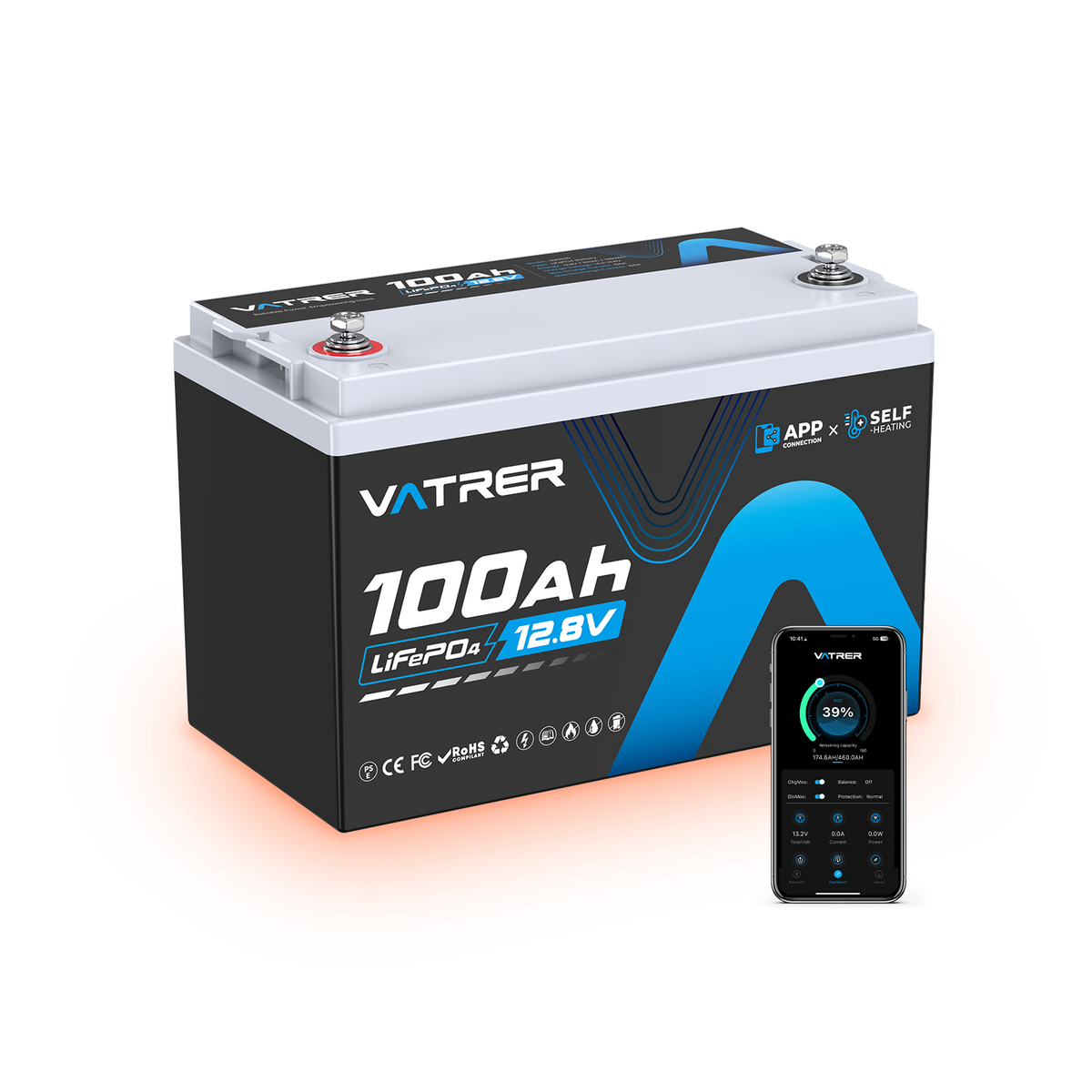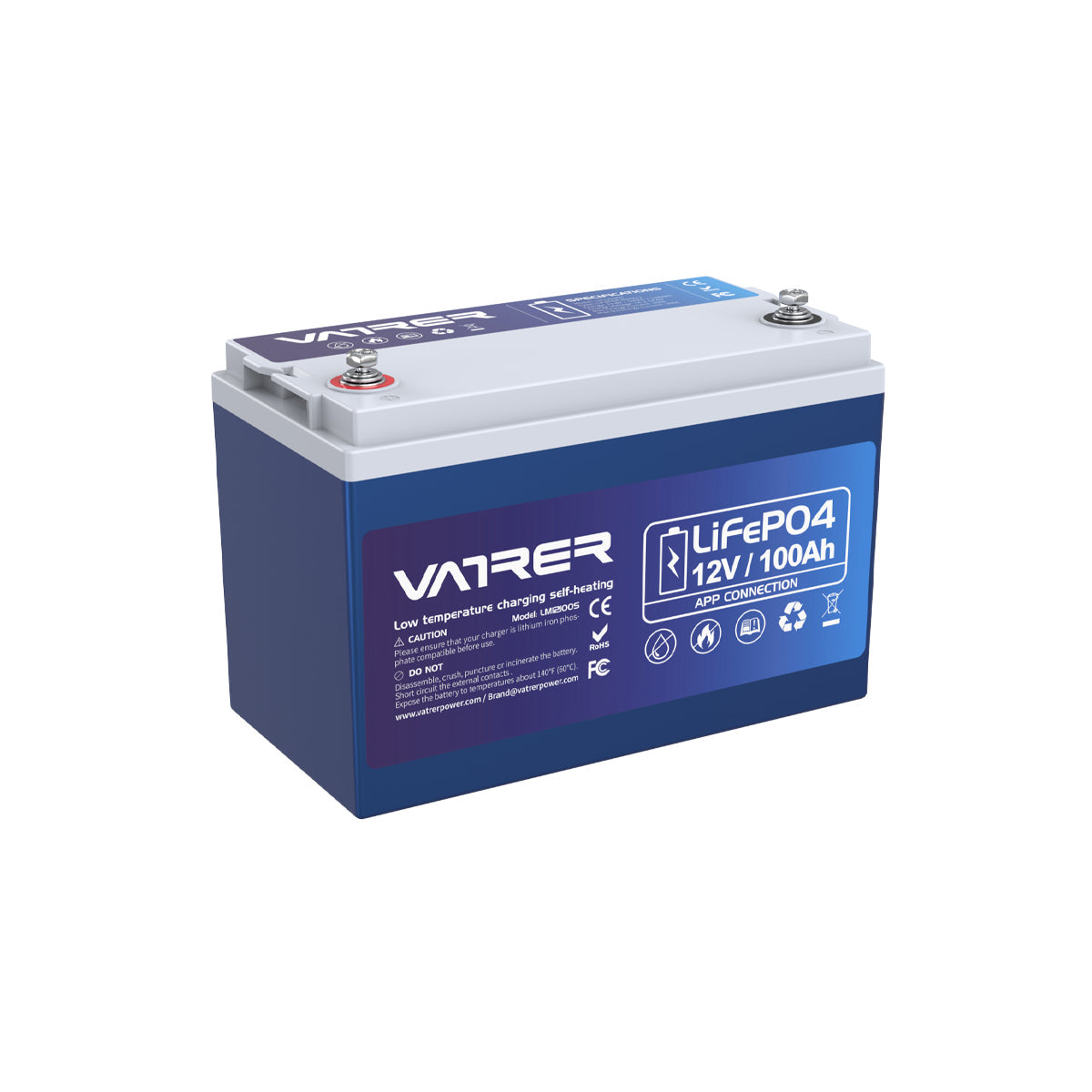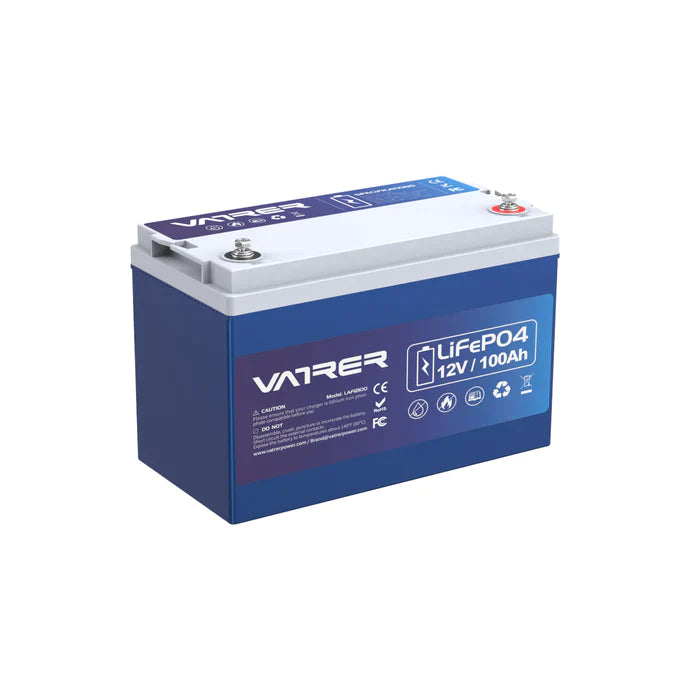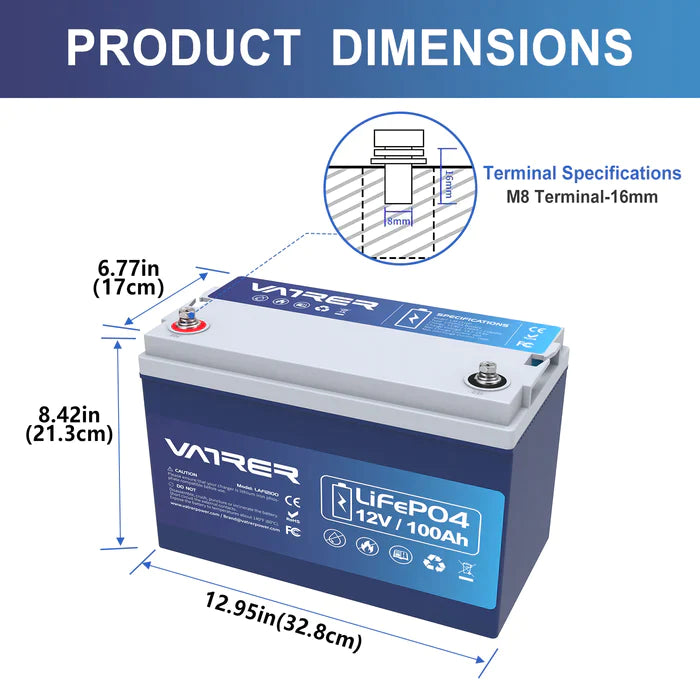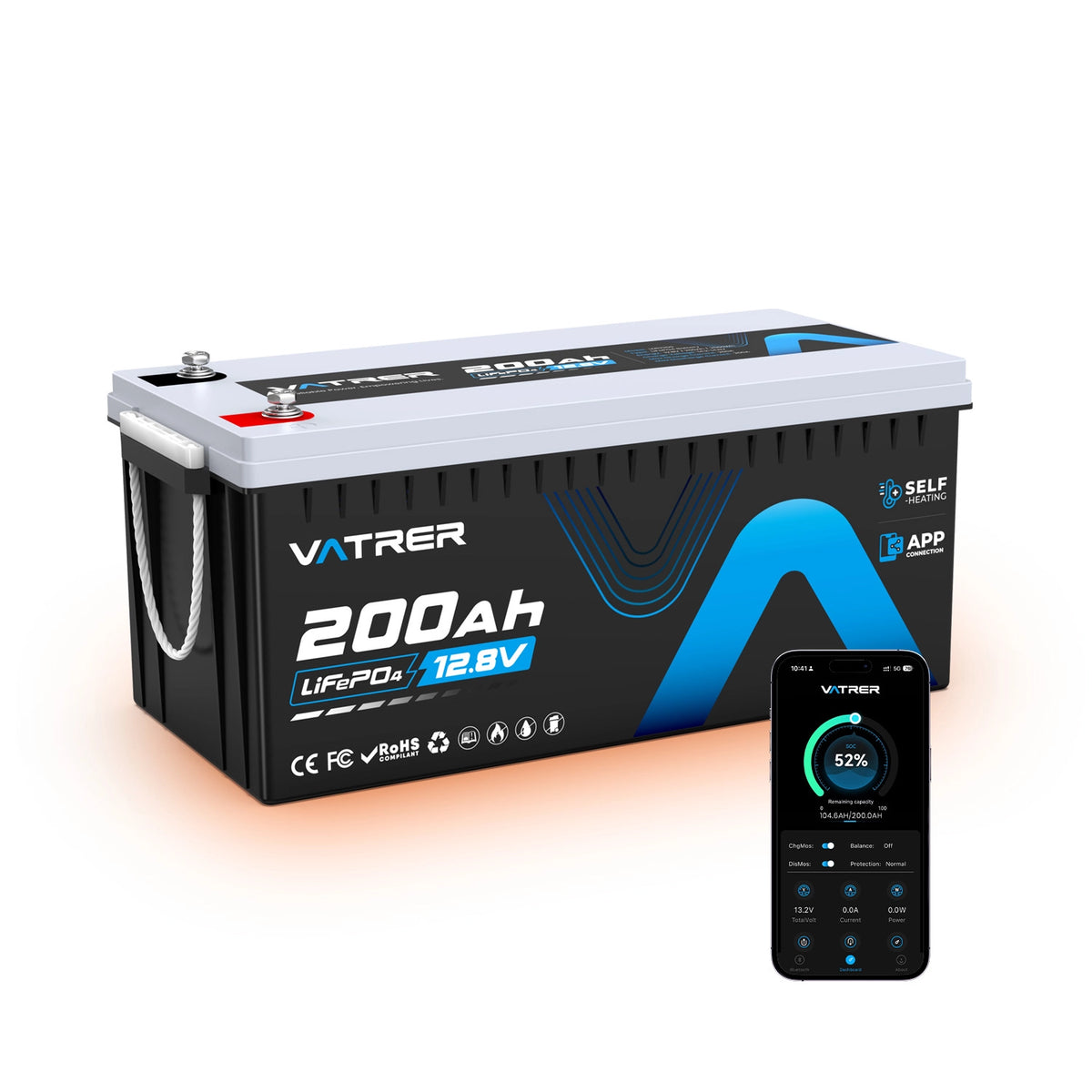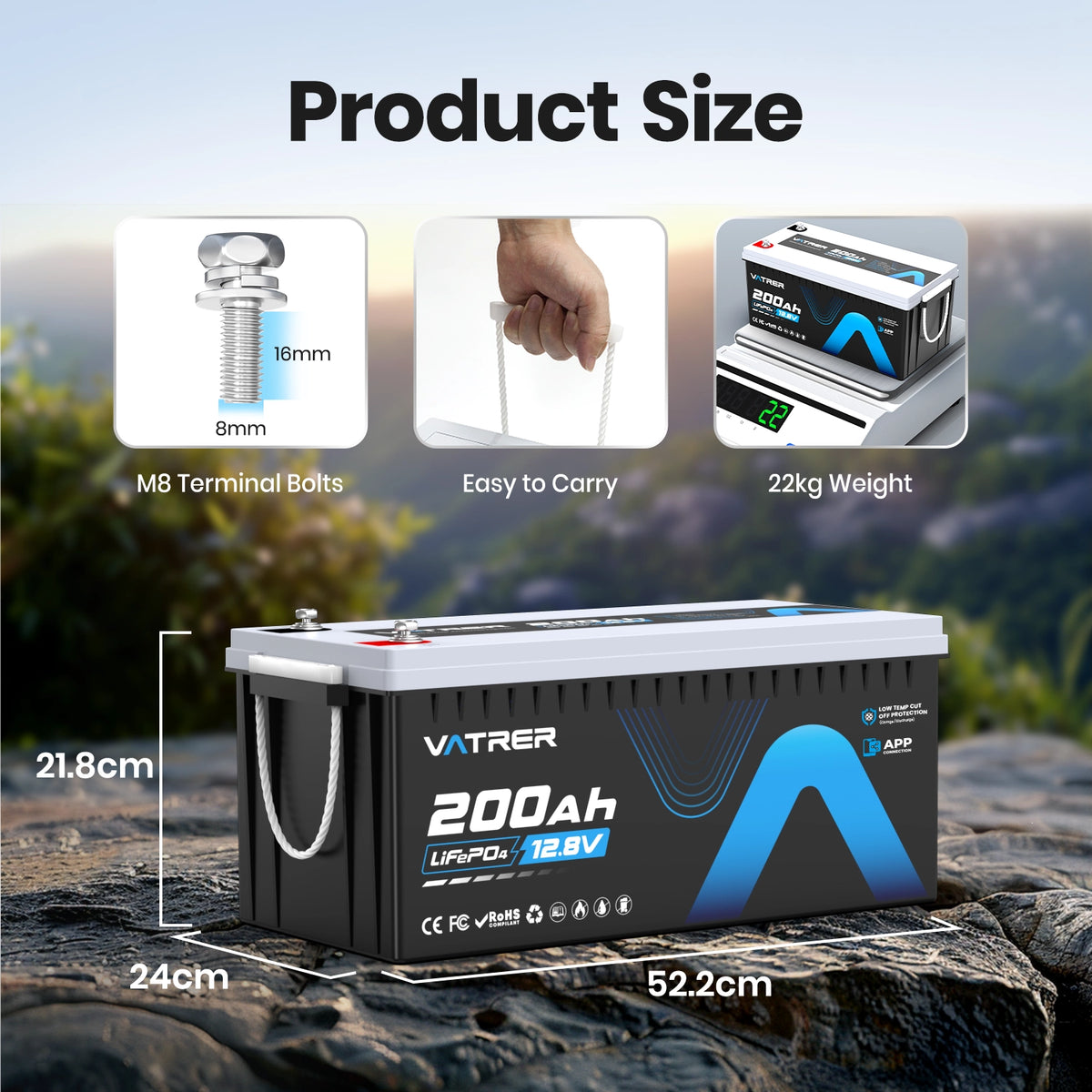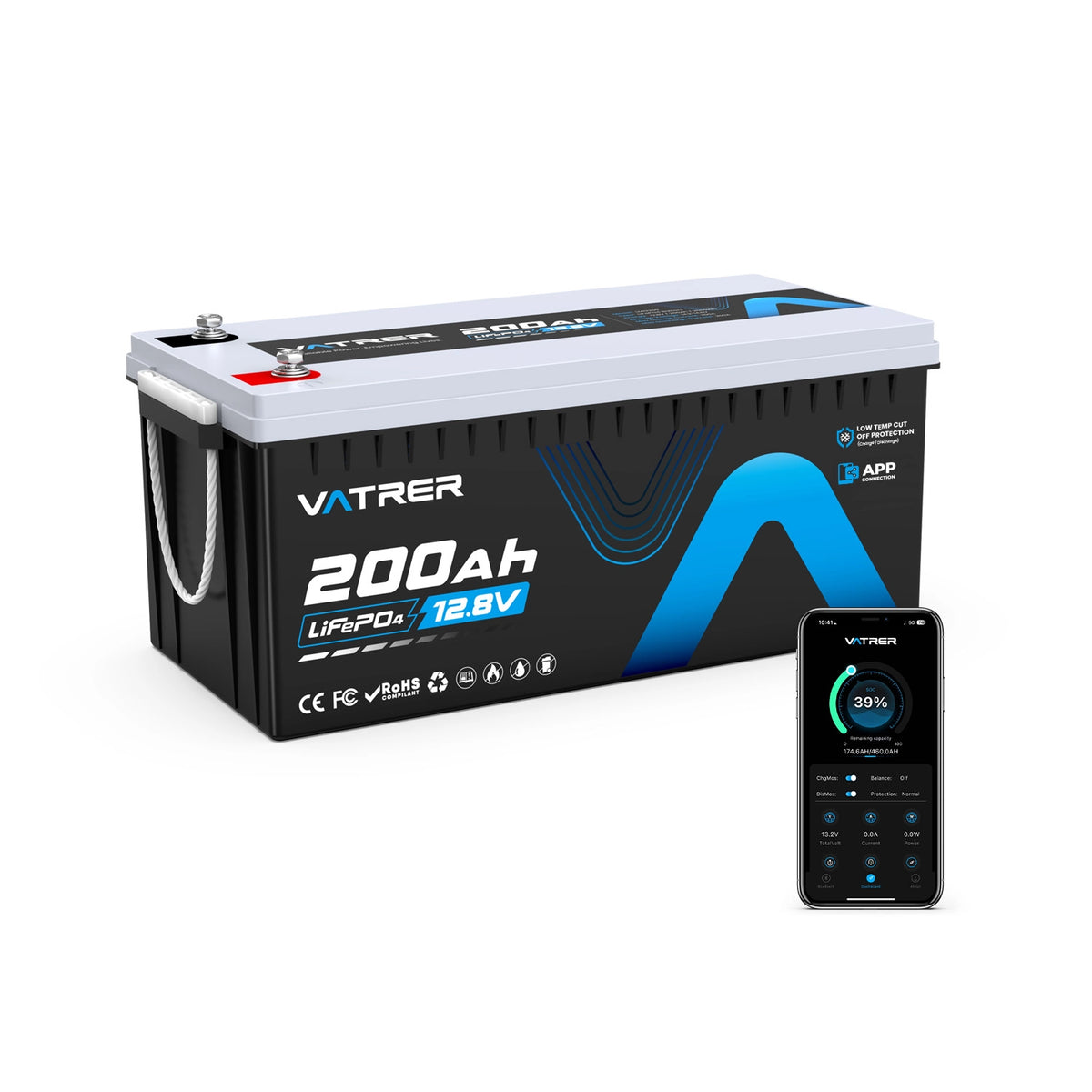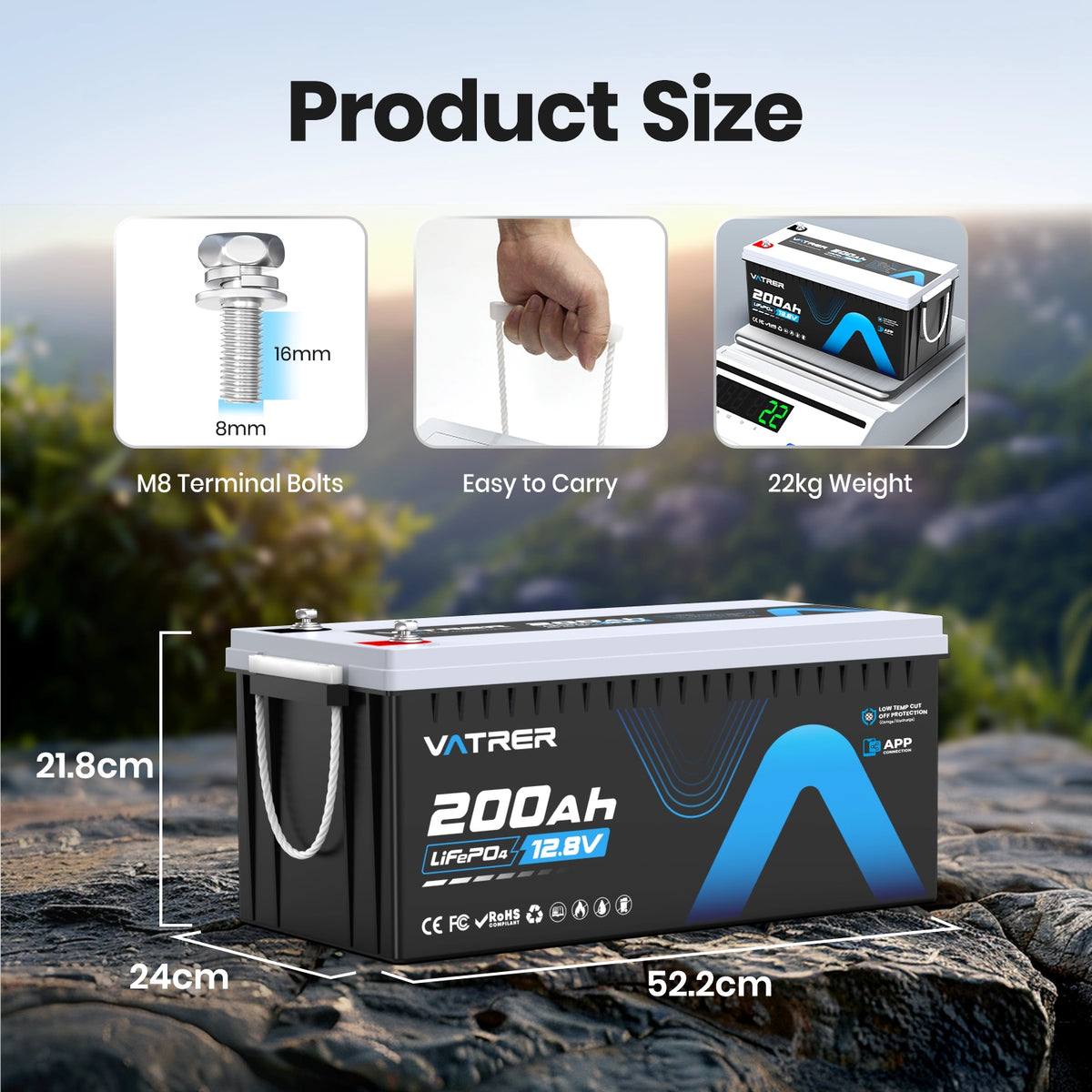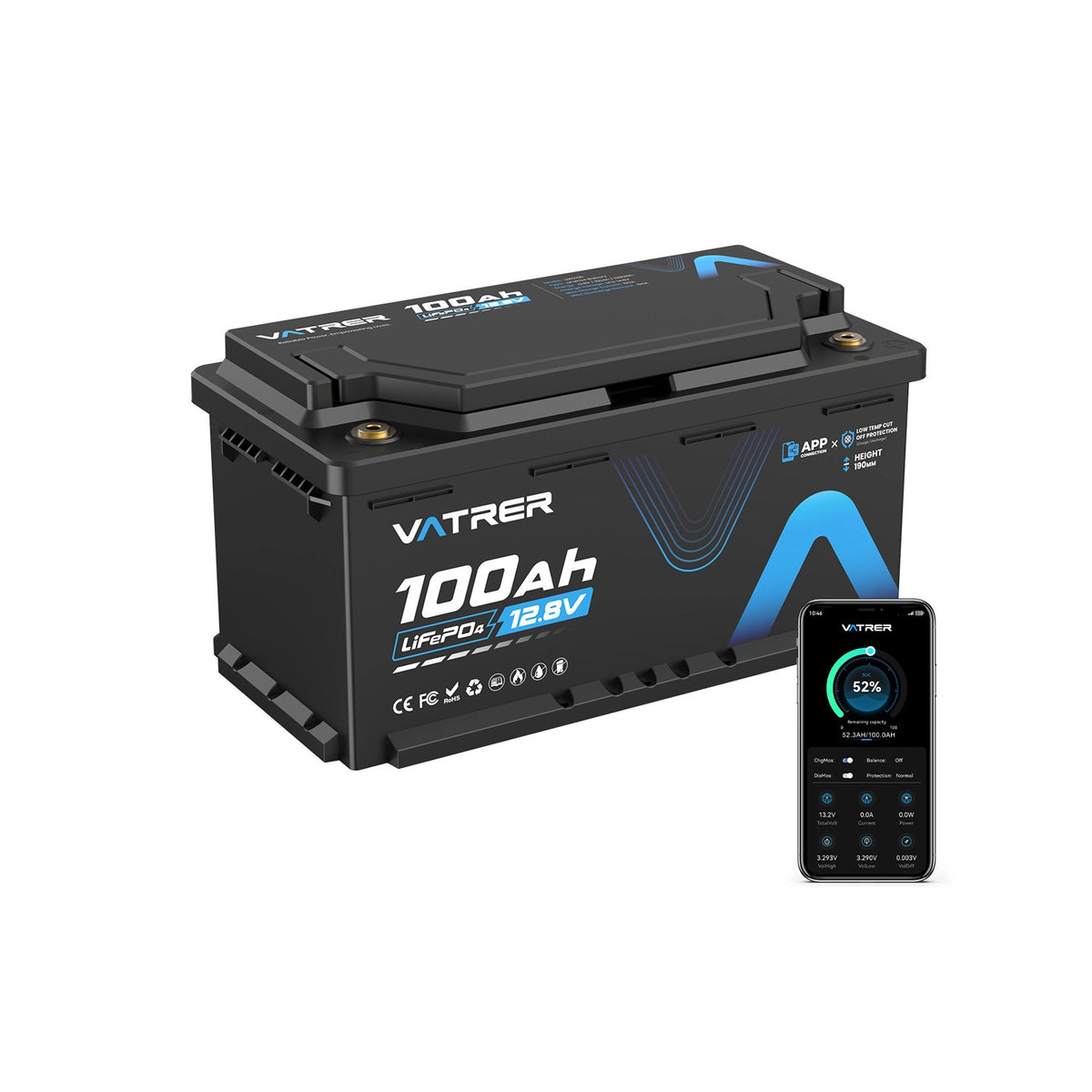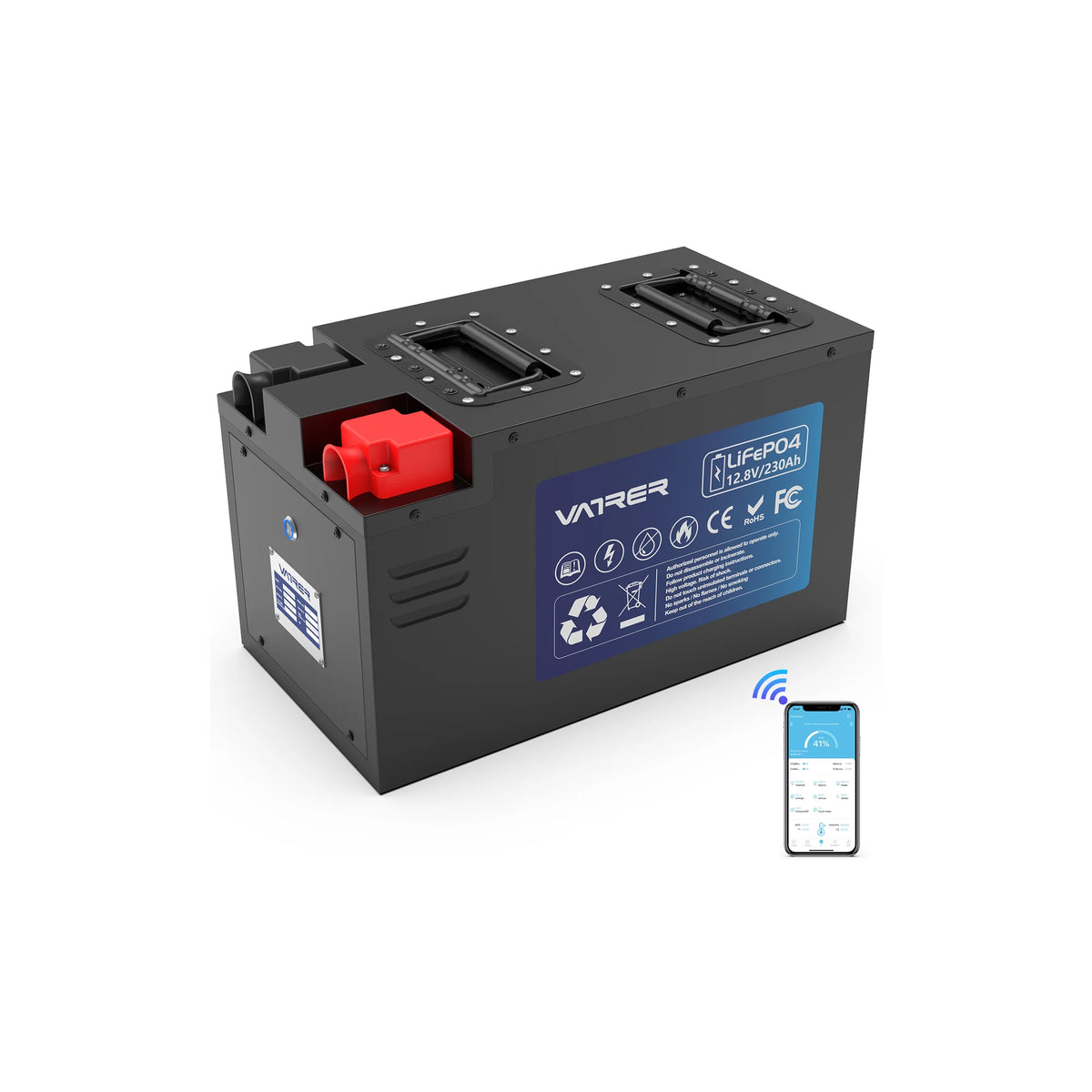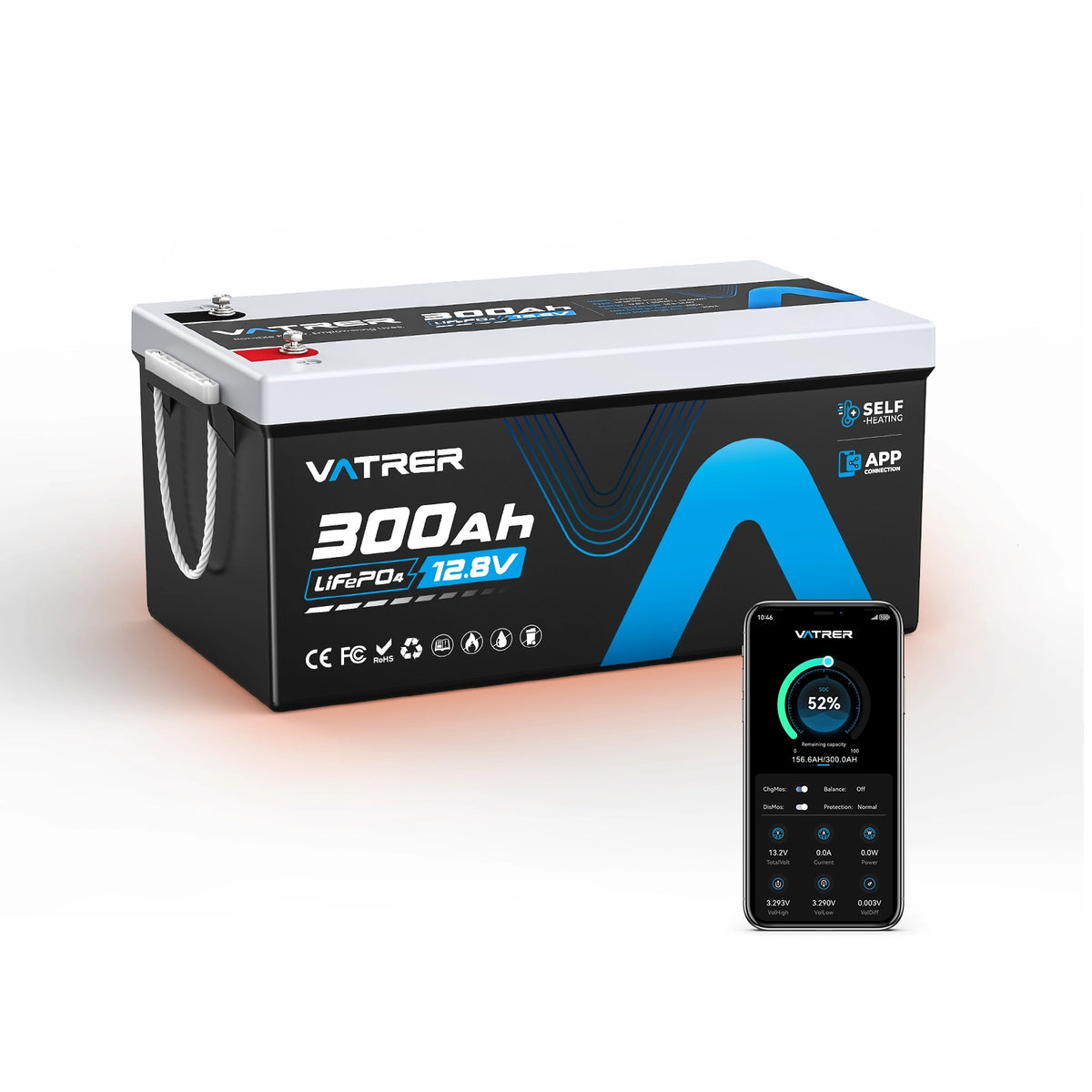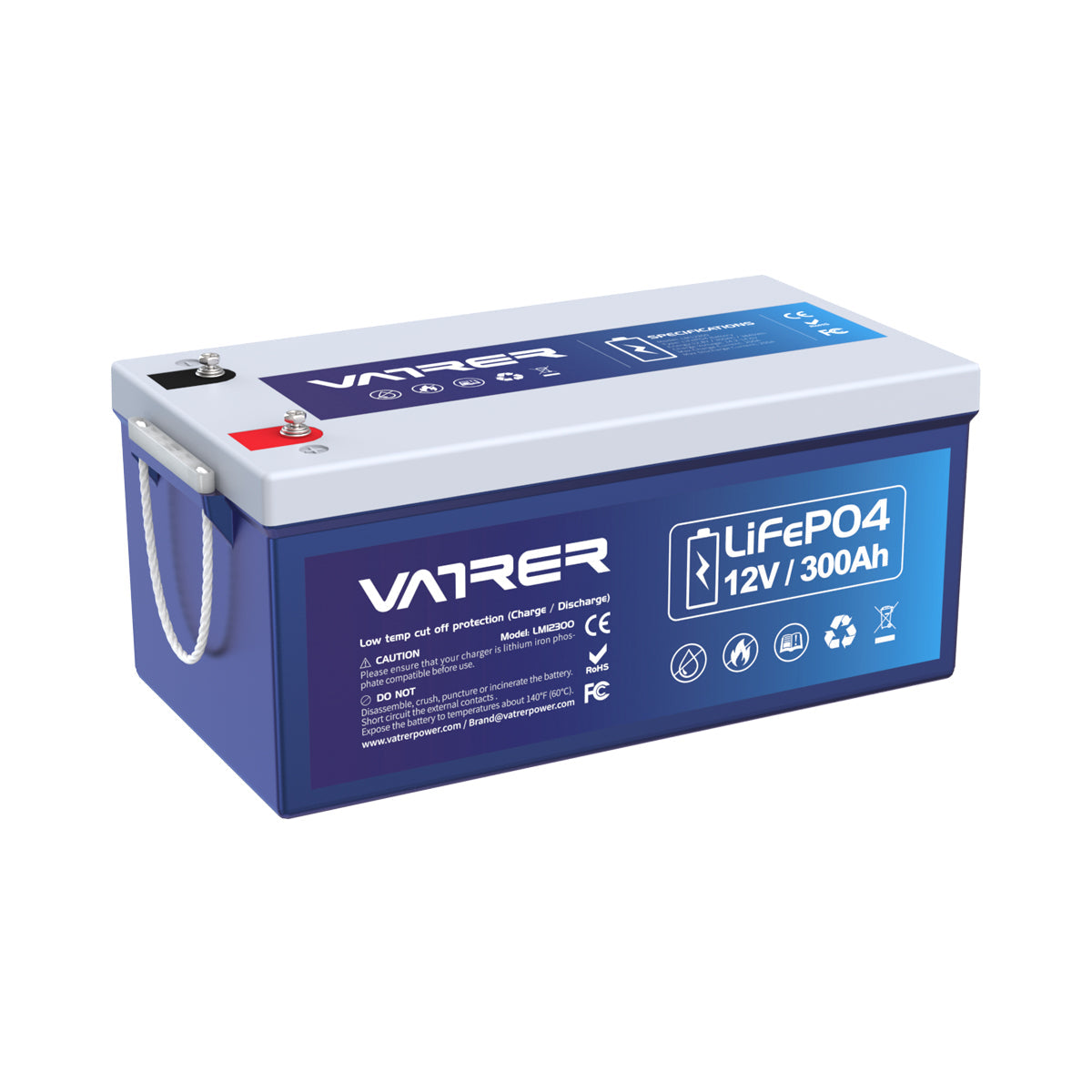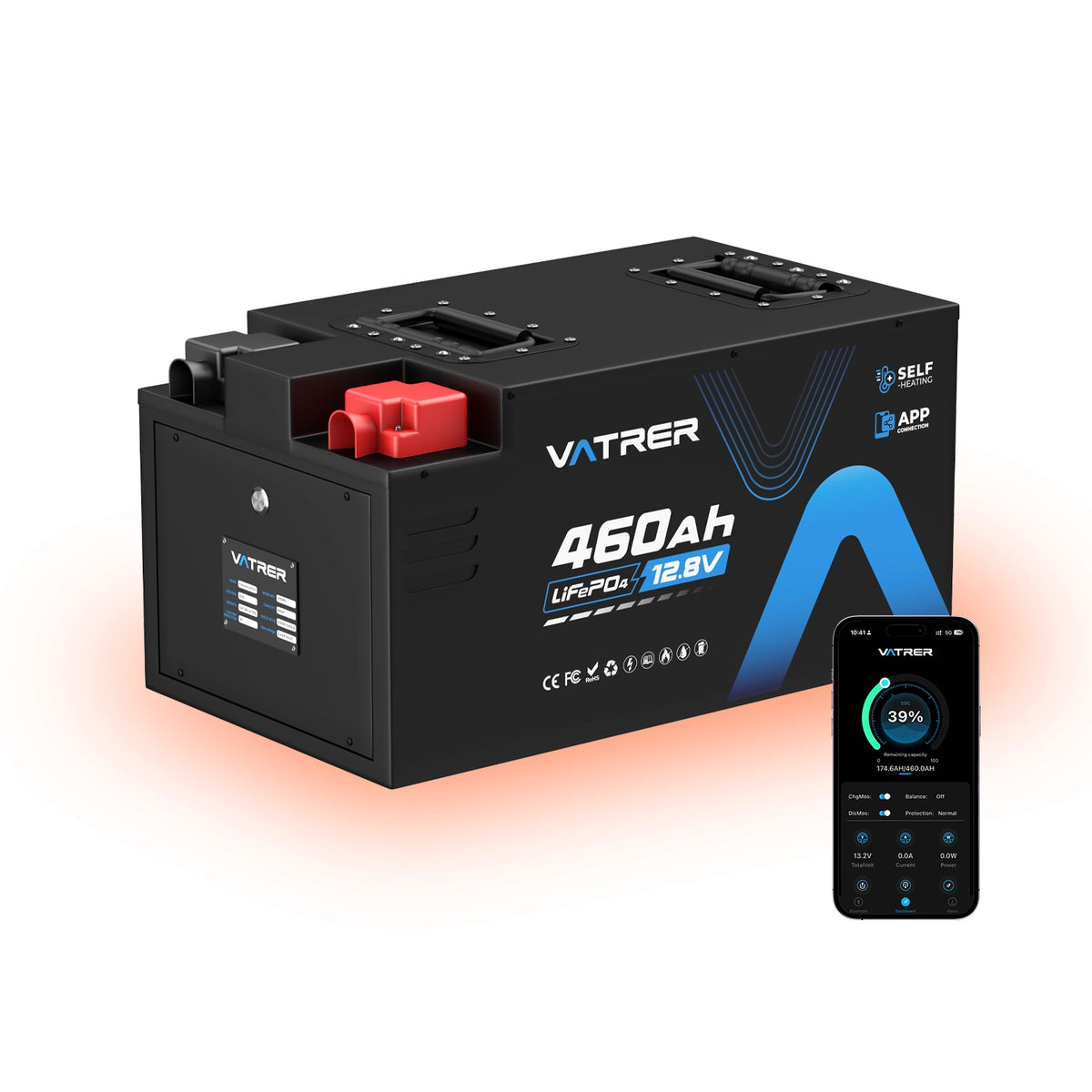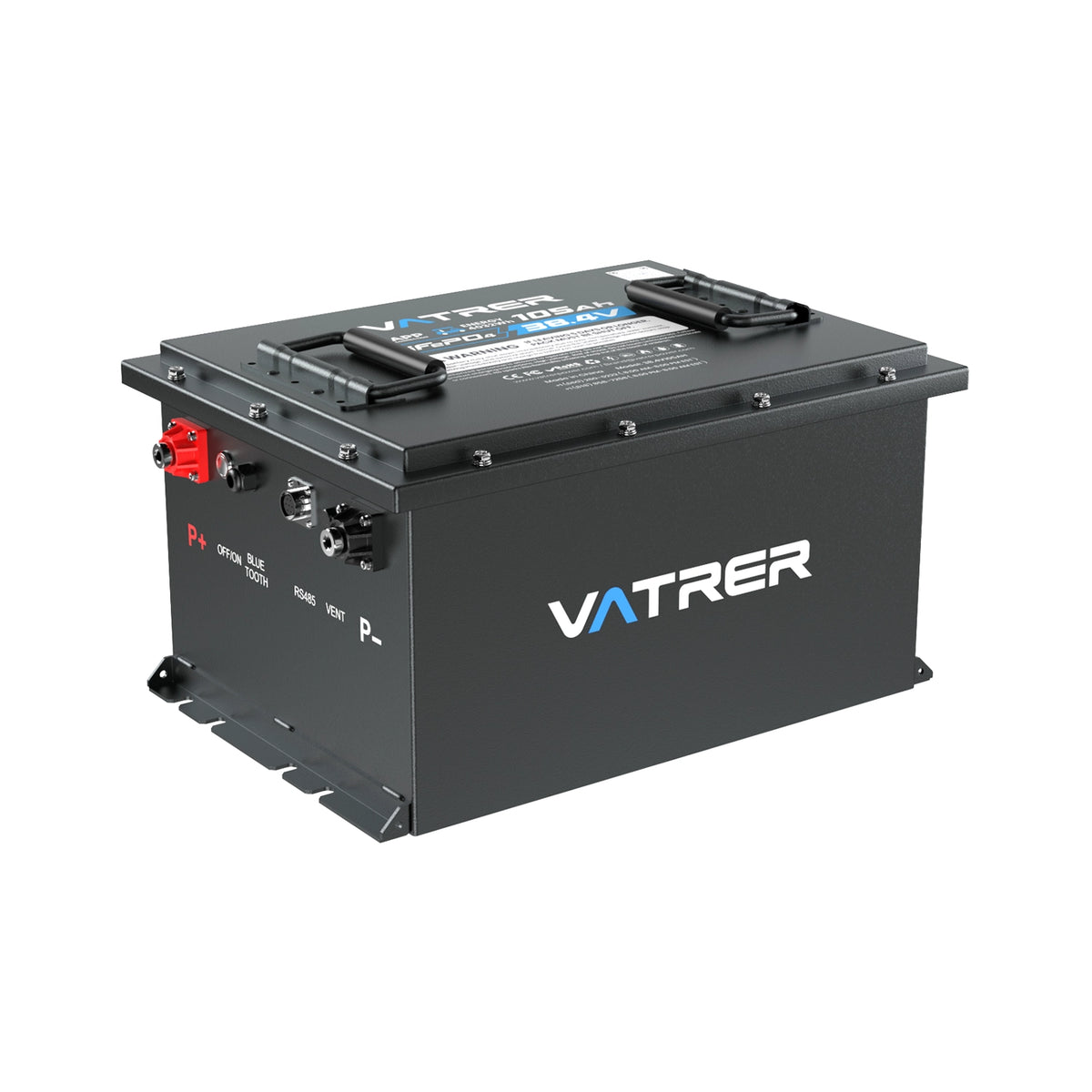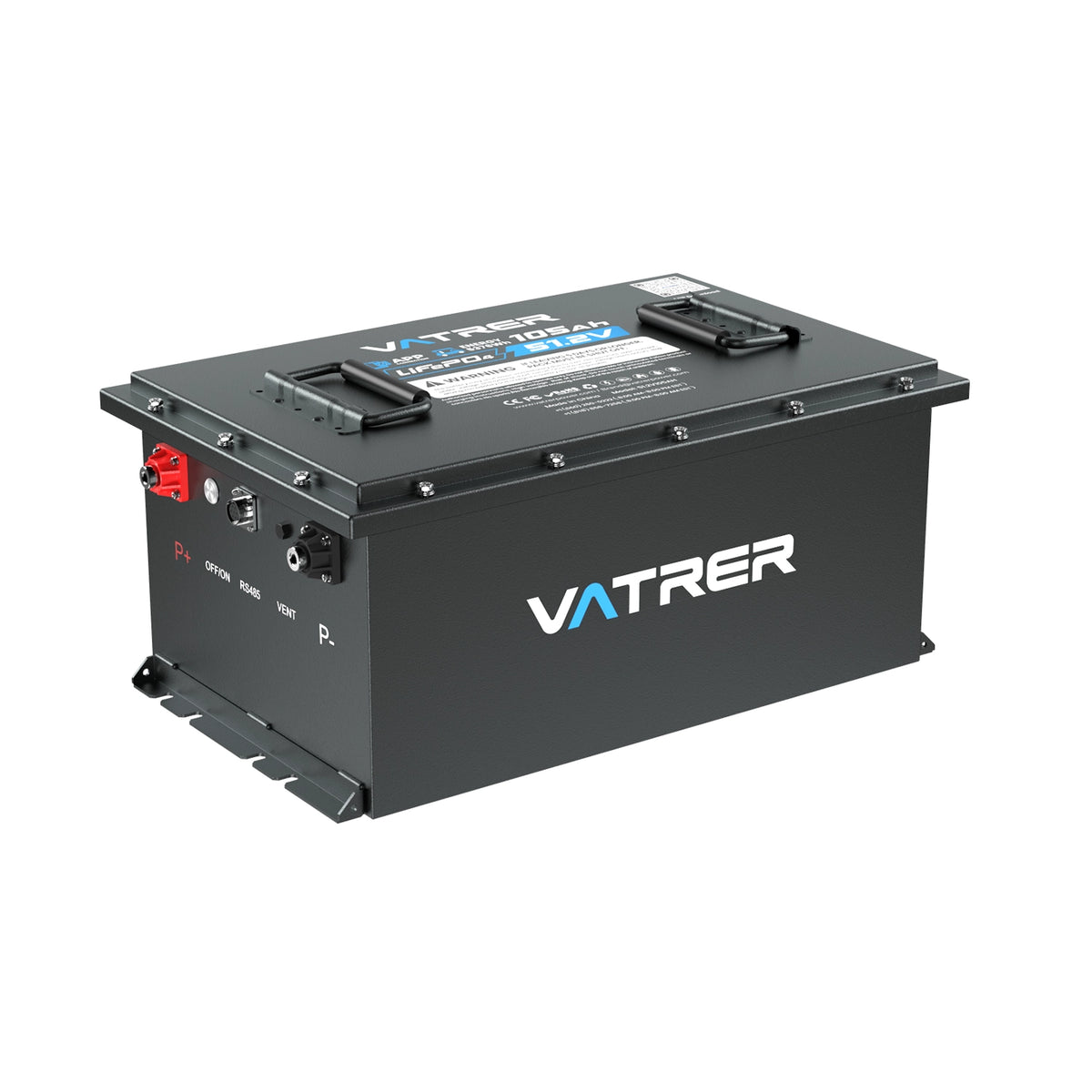As winter approaches, proper storage of your golf cart batteries becomes crucial to their longevity and efficiency. Cold weather can severely affect the battery life and performance if not handled correctly. This blog post will guide you through the necessary steps to store your golf cart batteries during the colder months, ensuring they remain in top condition and are ready to go when spring arrives.

Understanding the Impact of Cold Weather on Batteries
Cold temperatures can lead to reduced battery capacity and increased discharge rates. The chemical reactions within batteries slow down in colder weather, which may result in a lower output and sluggish performance. Proper storage is essential to mitigate these effects and prevent the permanent capacity loss that can occur in neglected batteries.
Essential Steps for Winter Storage of Golf Cart Batteries
Following these steps will help ensure that your golf cart batteries are protected during the winter months:
-
Fully Charge the Batteries: Before storing the golf cart, make sure the batteries are fully charged. This is crucial because a battery left in a discharged state can freeze, causing irreversible damage.
-
Clean the Batteries: Ensure that the batteries are clean before storage. Remove any dirt, grime, or corrosive deposits with a solution of baking soda and water. Dry the batteries thoroughly after cleaning.
-
Check Water Levels: For lead-acid batteries, check the water levels and top off with distilled water if necessary. Do not overfill, as this can lead to spillage and corrosion.
-
Disconnect Batteries: To minimize the risk of discharge, disconnect the batteries from the golf cart. Remove the negative cable first to prevent any electrical shorts.
-
Store in a Cool, Dry Place: Avoid storing batteries in a location where temperatures can drop below freezing. A garage or basement that stays at a moderate temperature is ideal. Extreme cold can cause the batteries to freeze, leading to damaged cells.
-
Maintain Charge: Check the charge level every month during storage. Lead-acid batteries tend to discharge over time, and keeping them charged will help prevent sulfation, which can degrade battery performance. If possible, use a battery maintainer or a smart charger that can keep the batteries at an optimal charge level without overcharging.
-
Inspect Regularly: Even during storage, it's a good idea to inspect the batteries periodically for any signs of damage or wear. Check for cracks, leaks, or bulging, all of which can be exacerbated by cold temperatures.
-
Avoid Placing on Concrete: Store the batteries on a piece of wood or another non-conductive surface rather than directly on concrete. This can help prevent cold from seeping into the batteries from the floor and reduce the risk of power drainage.
Conclusion
Taking the time to properly prepare and store your golf cart batteries for winter can save you a lot of hassle and expense when it's time to hit the course again in spring. By following these guidelines, you can help ensure that your golf cart batteries maintain their charge, suffer minimal degradation, and are ready to perform when you need them. Remember, battery care during the offseason is just as important as maintenance during active use, and proper winter storage is key to extending the life and improving the reliability of your golf cart batteries.






